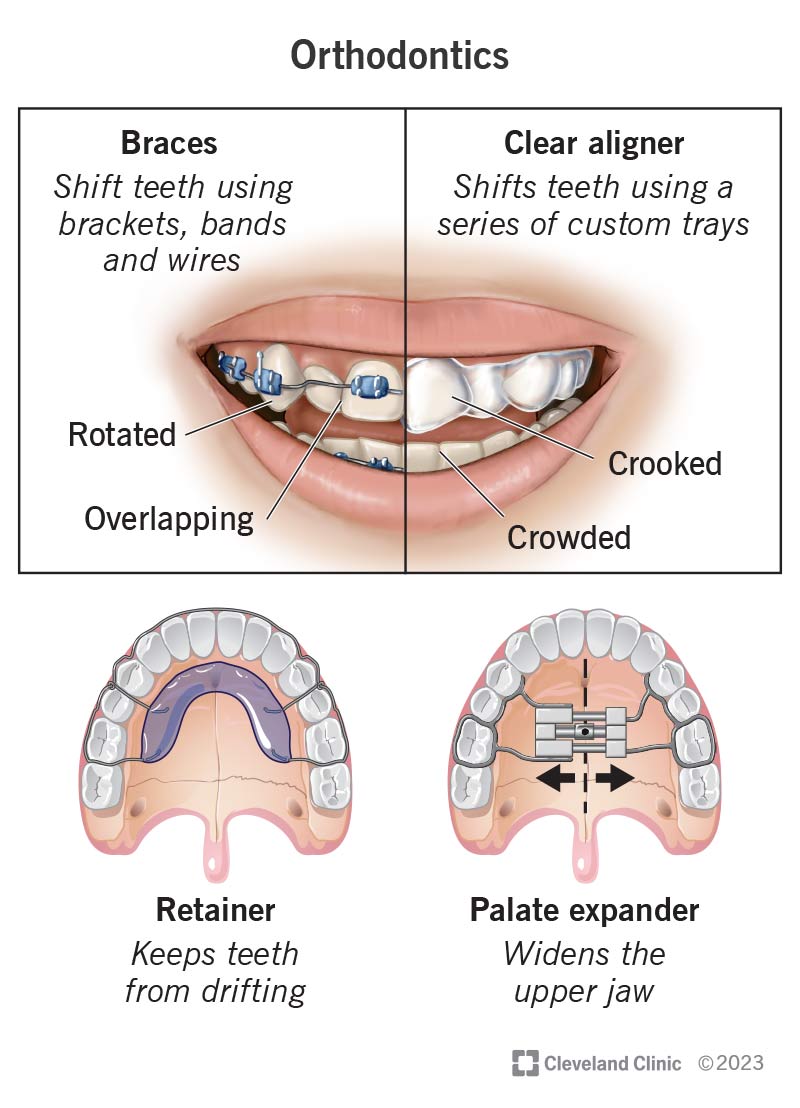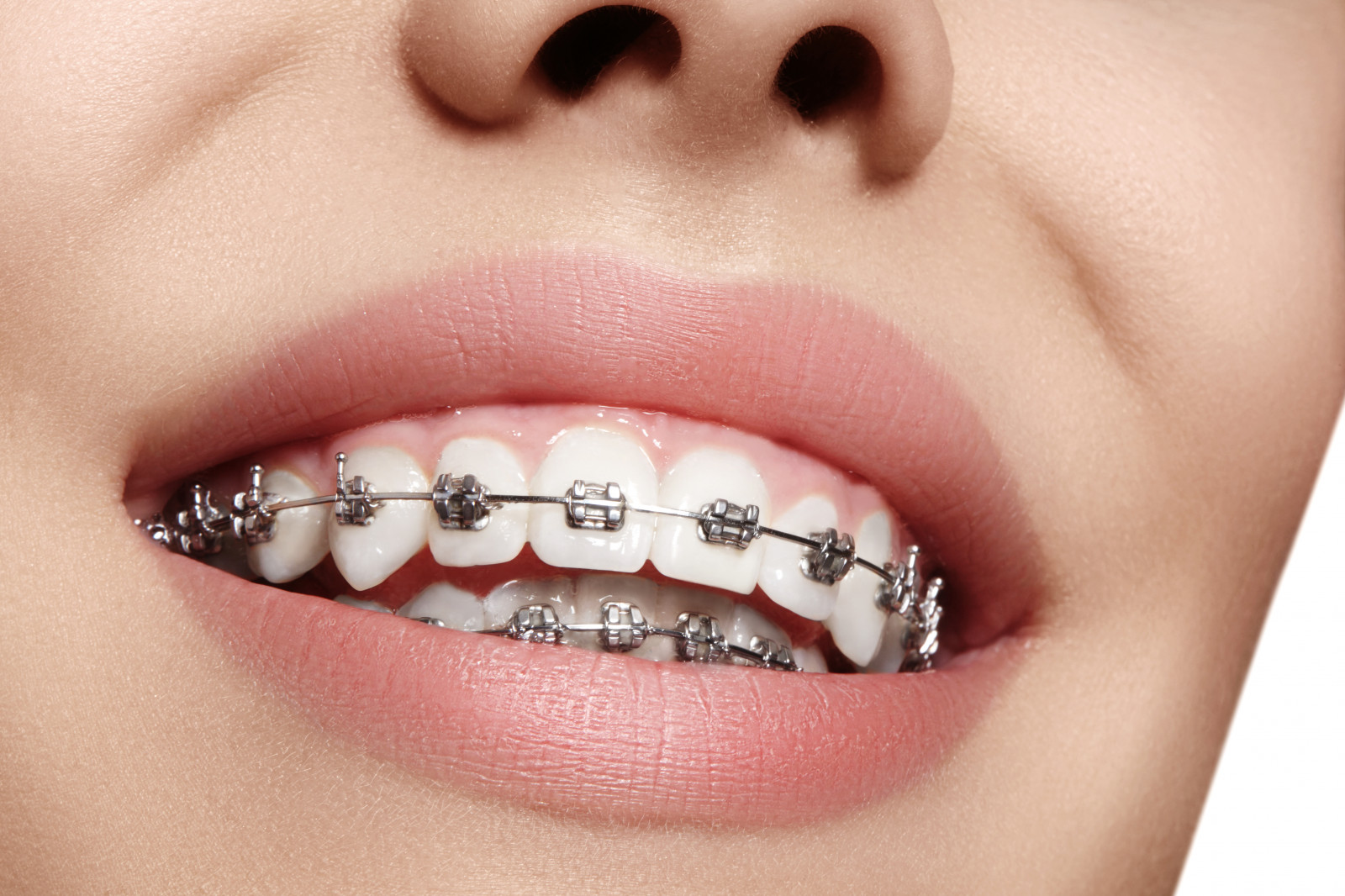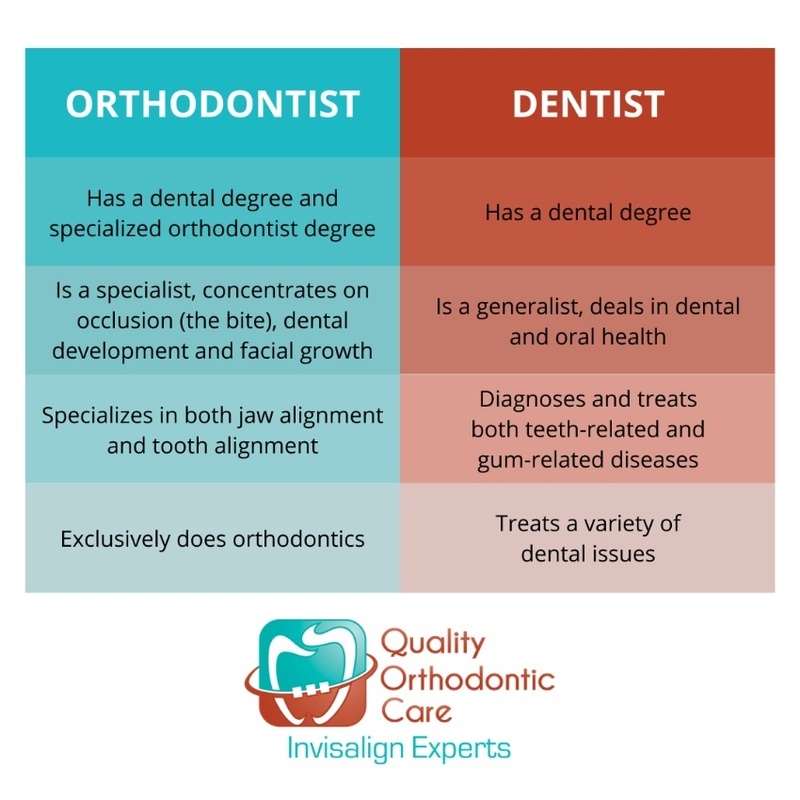Some Known Questions About Causey Orthodontics.
Some Known Questions About Causey Orthodontics.
Blog Article
Not known Facts About Causey Orthodontics
Table of ContentsThe Best Guide To Causey OrthodonticsThe 8-Minute Rule for Causey OrthodonticsGet This Report on Causey OrthodonticsWhat Does Causey Orthodontics Do?The Ultimate Guide To Causey OrthodonticsExamine This Report about Causey OrthodonticsNot known Factual Statements About Causey Orthodontics
What is the difference between a dental professional and an orthodontist? To answer an inquiry that is commonly asked, both dental experts and orthodontists aid people acquire far better oral health and wellness, albeit in different methods. It aids to keep in mind that dental care is an instead broad scientific research with different clinical field of expertises. All dentists, consisting of orthodontists, deal with the teeth, periodontals, jaw and nerves.
Orthodontists and dental practitioners both provide oral care for clients. Orthodontists can work in a dental workplace and offer the exact same treatments as other dental professionals. So you can think about both physicians who deal with gum tissue and teeth issues. The main difference is that coming to be an orthodontist requires a specific specialty in treating the misalignment of the teeth and jaw.
Get This Report about Causey Orthodontics
An orthodontist is a dental expert that has actually undertaken training to focus on the medical diagnosis, prevention and treatment of irregularities in the jaw and teeth. Their training consists of correcting these existing conditions. They can likewise determine prospective issues in teeth positioning that may develop when conditions are left without treatment. Orthodontists can assist individuals of any ages.
This includes all the necessary education and learning to become a basic dental expert. According to the American Pupil Dental Association (ASDA), it suggests you will certainly require to have either a Physician of Medication in Dentistry (DMD) or a Medical Professional of Oral Surgical Treatment (DDS). To put it simply, orthodontists need to finish oral institution and after that acquire an orthodontics specialty education.
Some orthodontists likewise obtain their masters in craniofacial biology. orthodontist expert (https://us.enrollbusiness.com/BusinessProfile/6789229/Causey%20Orthodontics). Many dental colleges supply minimal orthopedic training and instruction, which is why general dentists require to go to orthodontic institution after college graduation. Orthodontic residency programs offer extensive training for this type of oral specialization. These programs concentrate on two details locations or self-controls: Dentofacial Orthopedics: This research study concentrates on assisting teeth and jaw growth.
Some Ideas on Causey Orthodontics You Should Know

 The general goal of an orthodontist is to boost a person's bite. Not everyone is born with straight teeth, and an orthodontist will make sure that patients get uniformly spaced straight teeth.
The general goal of an orthodontist is to boost a person's bite. Not everyone is born with straight teeth, and an orthodontist will make sure that patients get uniformly spaced straight teeth.
The Causey Orthodontics Diaries
The American Association of Orthodontists recommends your first check up by age 7. You'll need to see your orthodontist if you have an imbalance in your teeth, additionally referred to as malocclusion. If you notice irregular bite patterns, a somewhat misshapen jaw, or when your teeth are chock-full, you will likely require orthodontic therapy.
At Advanced Orthodontics, we provide patients with a alternative treatment experience. In addition, we provide flexible treatment routines, flexible payment options and a fun, satisfying experience. Telephone call ( 480) 357-4900 today for more details and schedule a visit.
An orthodontist is a dental professional educated to identify, avoid, and treat teeth and jaw abnormalities. Orthodontists work with individuals of all ages, from kids to grownups (http://advertiserzz.com/directory/listingdisplay.aspx?lid=79804).
See This Report on Causey Orthodontics
Malocclusion, or misaligned teeth, can cause dental problems, consisting of dental cavity, periodontal illness, and tough or painful eating. Yet not every person is born with straight teeth. If you have a negative bite or huge rooms between your teeth, you might intend to seek advice from a dental professional focusing on orthodontic care.
(Image Credit Report: DigitalVision/Getty Images) Orthodontists use fixed and detachable dental devices, like dental braces, retainers, and bands, to transform the position of teeth in your mouth. Orthodontic treatment is for oral abnormalities, including: Jagged teethBite troubles, like an overbite or an underbiteCrowded teeth or teeth that are as well far apartJaw misalignmentThe goal of orthodontic treatment is to boost your bite.
Excitement About Causey Orthodontics

, but not all dental practitioners are orthodontists. They focus on two locations: How to properly and safely move teeth How to properly guide development in the teeth, jaw, and faceOnce an orthodontist has completed training, they have the choice to come to be board certified.
Malocclusion leads to tooth congestion, an irregular jaw, or irregular bite patterns. Malocclusion is generally treated with: Your orthodontist connects metal, ceramic, or plastic square bonds to your teeth.
The Main Principles Of Causey Orthodontics
If you have just minor malocclusion, you might have the ability to utilize clear braces, called aligners, rather than traditional dental braces. Some people require a headgear to aid move teeth right into line with pressure from outside the mouth. After dental braces or aligners, you'll need to put on a retainer. A retainer is a personalized device that maintains your teeth in position.
Report this page